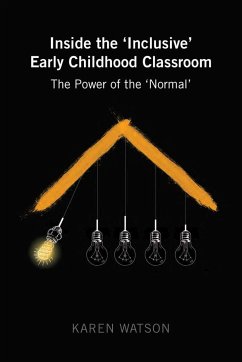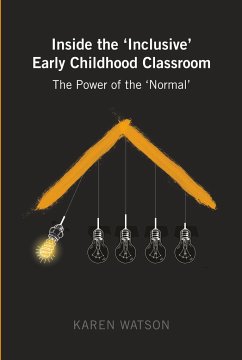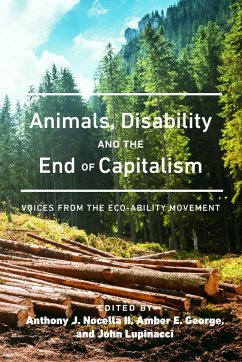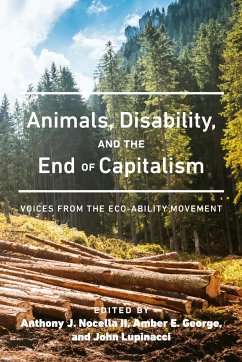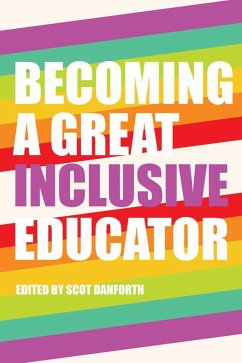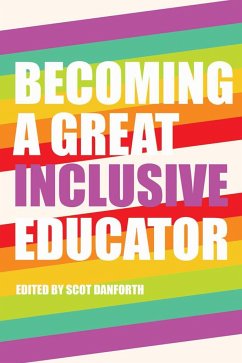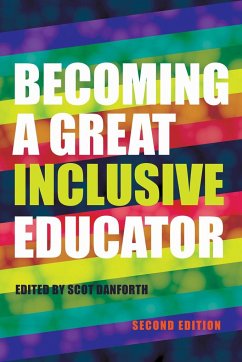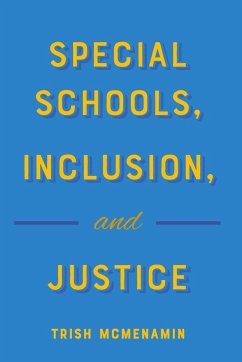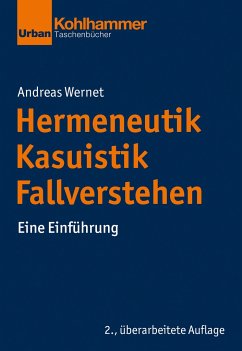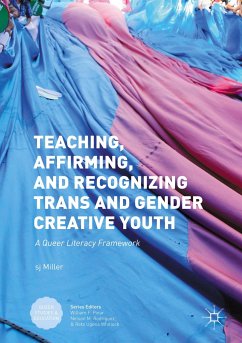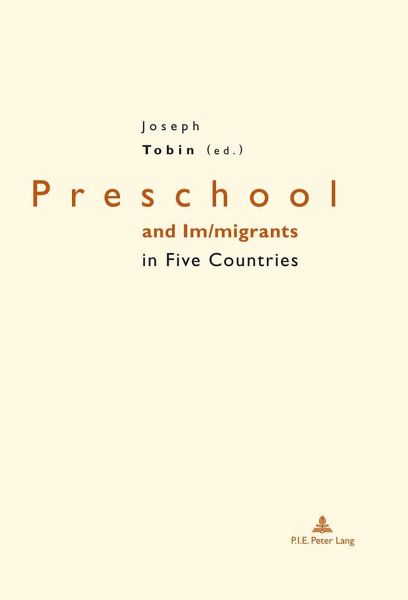
Preschool and Im/migrants in Five Countries
England, France, Germany, Italy and United States of America
Herausgegeben: Brougère, Gilles; Tobin, Joseph

PAYBACK Punkte
0 °P sammeln!
A significant and growing percentage of the children enrolled in early childhood education and care (ECEC) programs in Europe and the United States are children of recent im/migrants. For most young (3-5 years old) children of parents who have come from other countries, ECEC settings are the first context in which they come face to face with differences between the culture of home and the public culture of their new country. For parents who have recently im/migrated to a new country, enrolling their child in an early childhood program is a key moment where cultural values of their home and ado...
A significant and growing percentage of the children enrolled in early childhood education and care (ECEC) programs in Europe and the United States are children of recent im/migrants. For most young (3-5 years old) children of parents who have come from other countries, ECEC settings are the first context in which they come face to face with differences between the culture of home and the public culture of their new country. For parents who have recently im/migrated to a new country, enrolling their child in an early childhood program is a key moment where cultural values of their home and adopted culture come into contact and, often, conflict. For countries with high rates of im/migration, ECEC programs are key sites for enacting national goals for social inclusion and the creation of new citizens. And yet the field of early childhood education has conducted too little research on the experience of im/migrant children, their families, and their teachers.
This book tells the story of our study of beliefs about early childhood education of im/migrant parents and of the practitioners who teach and care for their young children. It is simultaneously a study of im/migration seen from the perspective of early childhood education and of early childhood education seen from the perspective of im/migration. The book answers the questions: What do im/migrant parents want for their children in ECEC programs? How are the perspectives of im/migrant parents like and unalike the perspectives of their children's preschool teachers and of non-immigrant parents? How are England, France, Germany, Italy, and the United States using ECEC settings to incorporate im/migrant children and their families into their new society? What can all five countries do better?
This book tells the story of our study of beliefs about early childhood education of im/migrant parents and of the practitioners who teach and care for their young children. It is simultaneously a study of im/migration seen from the perspective of early childhood education and of early childhood education seen from the perspective of im/migration. The book answers the questions: What do im/migrant parents want for their children in ECEC programs? How are the perspectives of im/migrant parents like and unalike the perspectives of their children's preschool teachers and of non-immigrant parents? How are England, France, Germany, Italy, and the United States using ECEC settings to incorporate im/migrant children and their families into their new society? What can all five countries do better?




